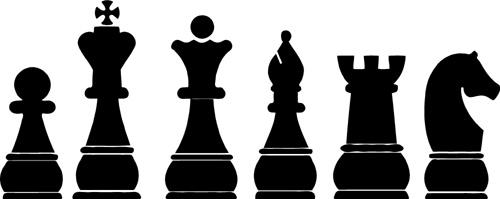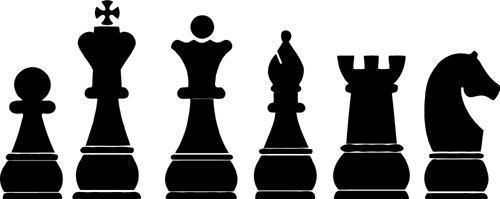
 While it might not be the first sport to spring to mind, chess has remained a part of the youth activity landscape for decades. (The fact that some don’t even consider it a sport has been something of a hindrance to its visibility as well – but more on that later).
While it might not be the first sport to spring to mind, chess has remained a part of the youth activity landscape for decades. (The fact that some don’t even consider it a sport has been something of a hindrance to its visibility as well – but more on that later).
However, there is some evidence that the game, which has traditionally suffered from a bit of an image problem, is beginning to have cross-over appeal and lose some of its “geek” image.
According to the United States Chess Federation (U.S. Chess), scholastic chess has grown enormously in the past several years. Precise numbers are hard to come by, but the federation says it has seen a huge increase in the number of students who participate in national scholastic tournaments. The most recent SuperNationals V (a combination of the three spring national tournaments into one held every four years) attracted over 5,300 players from kindergarten through the 12th grade from all over the United States. It represented the largest scholastic tournament ever held.
Across the border in Canada, the Kitchener-Waterloo Chess Club's monthly youth chess tournament recently attracted 26 chess players ranging from kindergarten to grade 12. The club will be hosting the Ontario Youth Chess Championships open to players under age 18 at the end of May. Patrick McDonald, youth coordinator of the club, told local news source The Record that the benefits of playing chess are much greater than winning or losing. They include developing focus and discipline, which are the hallmarks of chess. According to McDonald, chess is particularly valuable to kids with attention deficit hyperactive disorder (ADHD) who normally can't sit still for more than two minutes, but over a board are able to focus during a full game of chess.
"You have to have a physical and mental balance," McDonald told the newspaper. "This gives the kids the mental balance while exercise, like say soccer, can give the physical."
Some players also play more physical sports, such as hockey and soccer, and say the skills they learn at chess help them with the strategy elements of those sports. (There is, in fact, scientific evidence that learning and playing chess simply makes kids smarter.)
While the jury is still out regarding whether chess is even a sport or not -- the International Olympic Committee recognizes chess as a sport, but this opinion isn’t universal – the appeal of the game may be starting to cross over traditional boundaries.
During his time coaching youth sports, McDonald told The Record that he has noticed a little bit of a change in the perception of chess being accepted as a sport, something he says only seems to be an issue in North America.
"There's a whole stigma around chess, although I think that's changing," he said. "You see it in high schools more now where it's not just the 'geeks' playing."
For schools that wish to allow students to play at the competitive level, the USCF sponsors five major scholastic tournaments each year: three in the spring and two in the fall. The three spring competitions include the National Elementary (K-6), the National Junior High (K-9), and the National High School (K-12) tournaments. The National K-12/Collegiate tournament is held each fall.
So it appears that chess is, after all, a player on the field of youth sports tourism.

